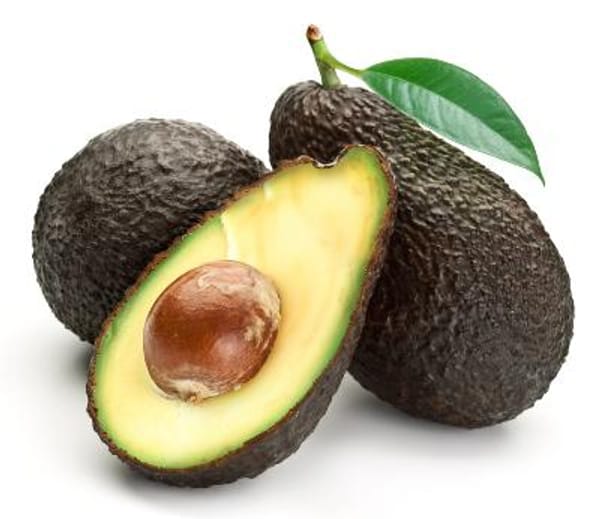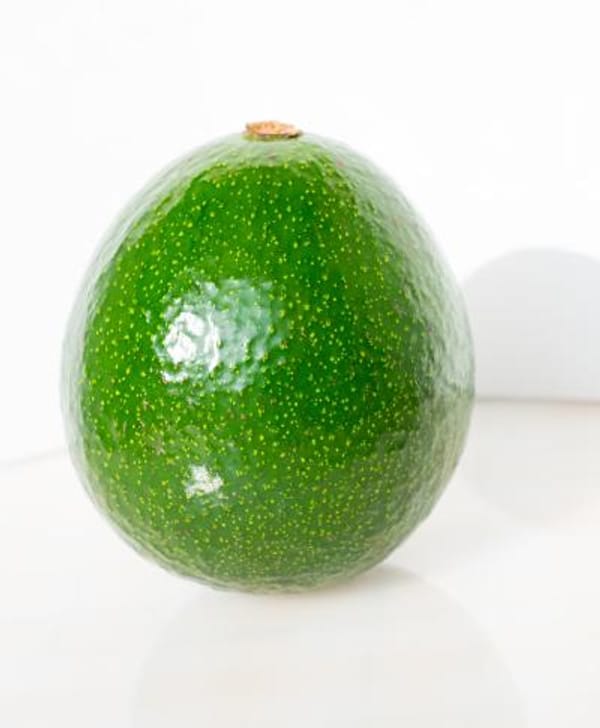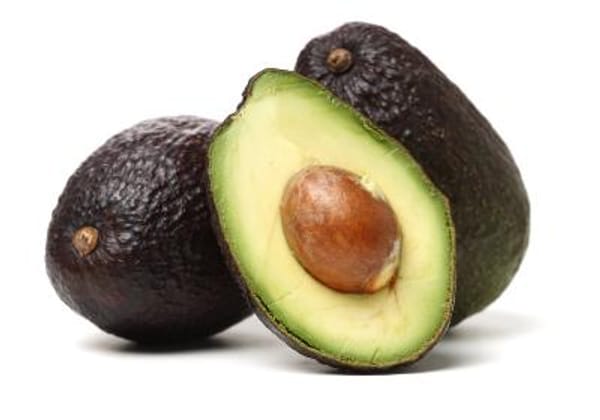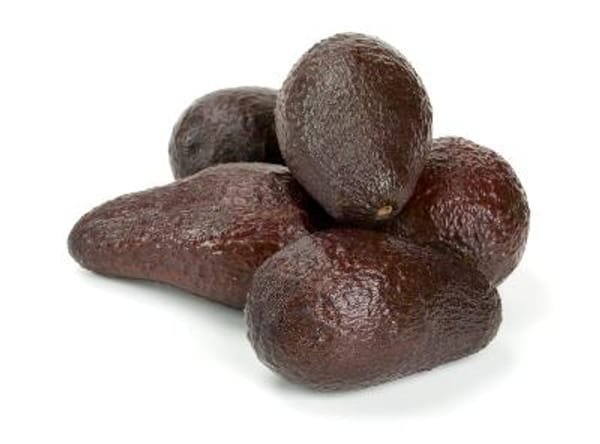- Little Cado Avocado trees are also Known as Minicado and Wurtz/Wertz Avocado.
- The Little Cado makes an excellent backyard tree.
- Produces good-tasting, green-skinned fruit with medium-thin skin.
- Height at maturity: 10-15' tall
- The fruit size is about 8-14 oz.
- Fruit ripens May-September.
- The Little Cado tree is frost sensitive below 32ºF
- Grafted onto Mexican Seedling rootstock
- BOTH TYPE A & B
SAVE ON SHIPPING: We can now ship potted fruit trees in MULTIPACK BOXES. Order as a 3-pack or 6-pack to save on the cost of shipping! This includes ALL PRIMO and ENTRY sized citrus, olive, fig and avocado trees as well as grape and passion vines.
Check out our Avocado Tree Growing Guide (pdf)
Lee nuestra guia: Guia de cultivo para aguacate









